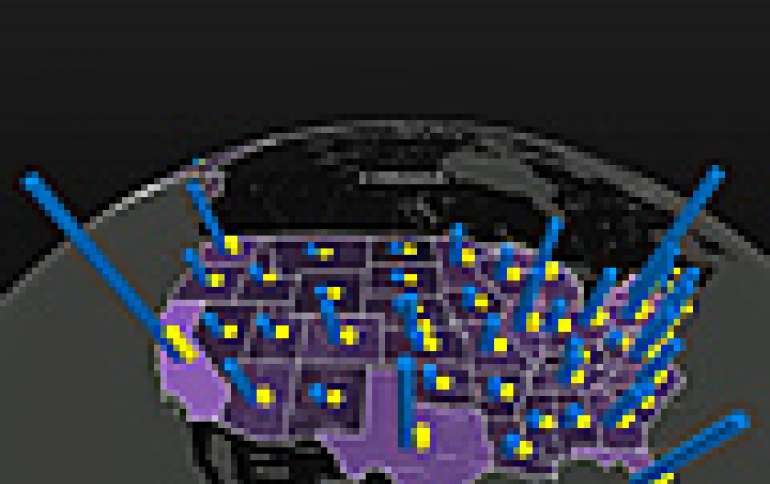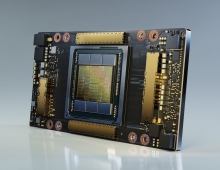
Microsoft Used AI to Help Crack Down on Tech Support Scams
A recent major crackdown on tech support scammers in the U.S. was relying in part on the work of a group of Microsoft researchers and Digital Crimes Unit investigators who used artificial intelligence to help unravel the complex web of technical tricks the scammers were using to swindle users and avoid law enforcement.
The scam works like this: There you are, using your computer just like any other day, when suddenly a pop-up appears, warning you that your computer has been infected by a virus and you need to call tech support immediately.
If you try to get rid of the pop-up, it just keeps coming back. If you do call the alleged tech support number, you're connected to telemarketers who claim to be affiliated with major technology companies - but are really scammers trying to bilk customers for costly and unnecessary computer repairs or services.
To catch the scammers, Microsoft sleuths first had to figure out where the attacks were coming from. That was not an esay task, since they often only used an IP address, or virtual home, for a day or less before moving on to another location to avoid being caught.
To find them, the team created a model that looked for content that behaved in a way that was consistent with the scam, such as creating a pop-up that refreshed in microseconds to give the appearance it wasn't going away. Then, the team scoured the web for those sites and captured screen shots of all the content that could potentially be a scam.
It would be impractical, if not impossible, to manually scan through the hundreds of thousands of questionable pieces of content they found, so the team turned to a branch of AI called machine learning to sort the data.
With machine learning, a system can learn to recognize something - such as similar words or images - as it's given more data that shows what it's looking for. With this project, the team used custom AI tools, running on Microsoft's Azure cloud computing platform, to look for image similarity, content and other visual clues that would determine the chances that the pop-up was relevant to the fraud investigation.
Then, they used the computer vision API from Microsoft Cognitive Services to scan the ads for phone numbers and other bits of information that could provide clues as to their origin.
With the technology, Microsoft's Digital Crimes Unit was able to more quickly track the fast-moving scammers and devote investigator time to higher value work, like finding the connections that could lead to those big fish.





















